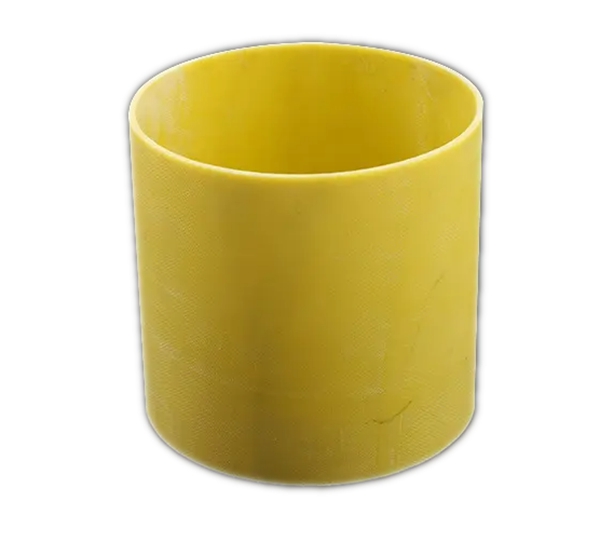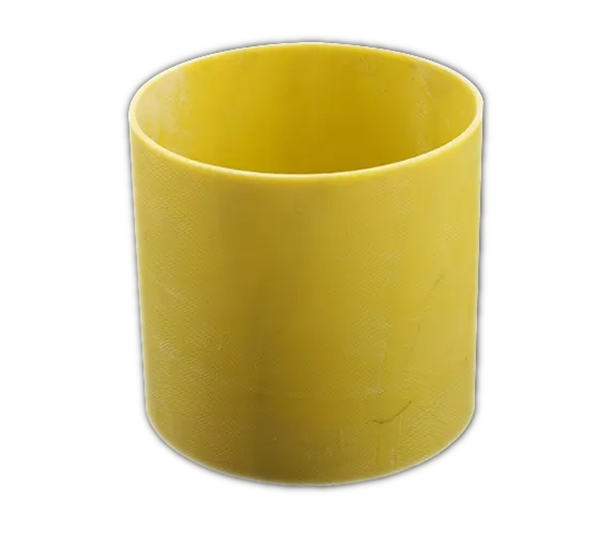
The excellent physical, mechanical, and electrical insulation properties, adhesive properties with various materials, as well as the flexibility of its usage process of epoxy resin are not possessed by other thermosetting plastics. Therefore, it can be made into coatings, composite materials, casting materials, adhesives, molding materials, and injection molding materials, and is widely used in various fields of the national economy.
Due to its unique advantages such as high insulation performance, strong structural strength, and good sealing performance, epoxy resin has been widely used in the insulation and packaging of high and low voltage electrical appliances, motors, and electronic components, and has developed rapidly. Mainly used for: 1. Casting of insulation packaging components for electrical appliances and motors. Manufacturing of overall fully sealed insulation packaging components for high and low voltage electrical appliances such as electromagnets, contactor coils, transformers, and dry-type transformers. It has achieved rapid development in the electrical industry. From normal pressure pouring and vacuum pouring, automatic pressure gel forming has been developed.
1. Various forms. Various resin, curing agent, and modifier systems can almost meet the requirements of various applications for form, ranging from extremely low viscosity to high melting point solids.
2. Convenient solidification. By using various curing agents, the epoxy resin system can almost cure within the temperature range of 0-180 ℃.
3. Strong adhesion. The presence of inherent polar hydroxyl and ether bonds in the molecular chain of epoxy resin gives it high adhesion to various substances. The shrinkage of epoxy resin during curing is low, resulting in low internal stress, which also helps to improve adhesion strength.
4. Low contractility. The reaction between epoxy resin and the curing agent used is carried out through direct addition reaction or ring opening polymerization reaction of epoxy groups in resin molecules, without the release of water or other volatile by-products. Compared with unsaturated polyester resin and phenolic resin, they exhibit very low shrinkage (less than 2%) during the curing process.
5. Mechanical properties. The cured epoxy resin system exhibits excellent mechanical properties.
 CN
CN English
English


